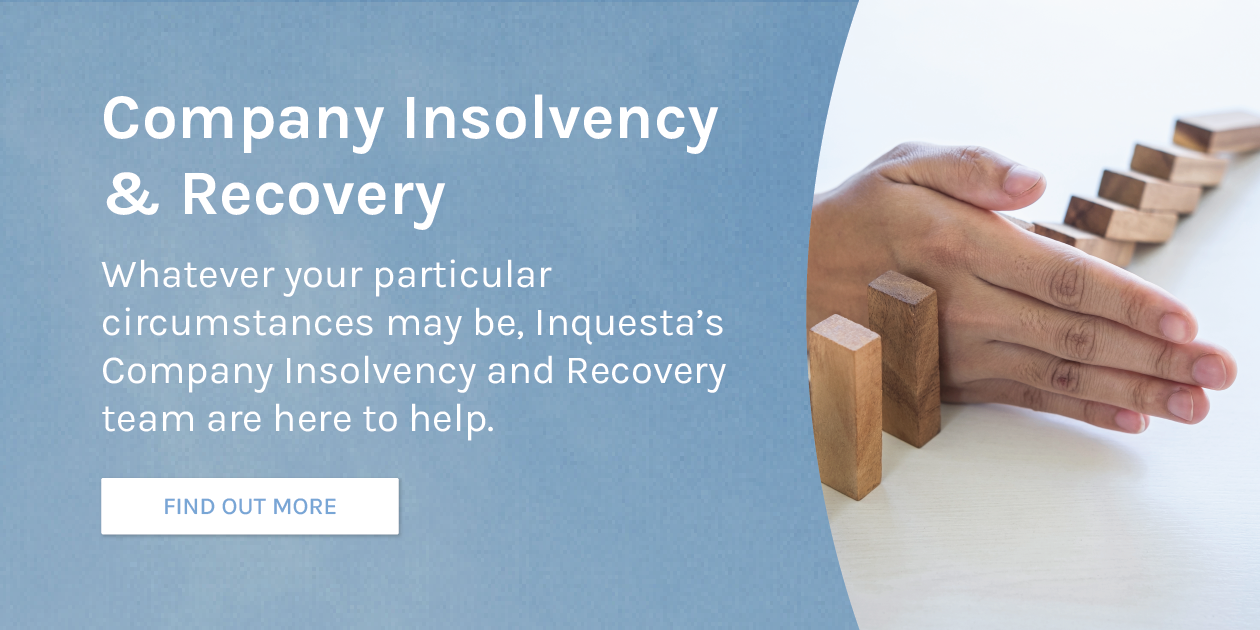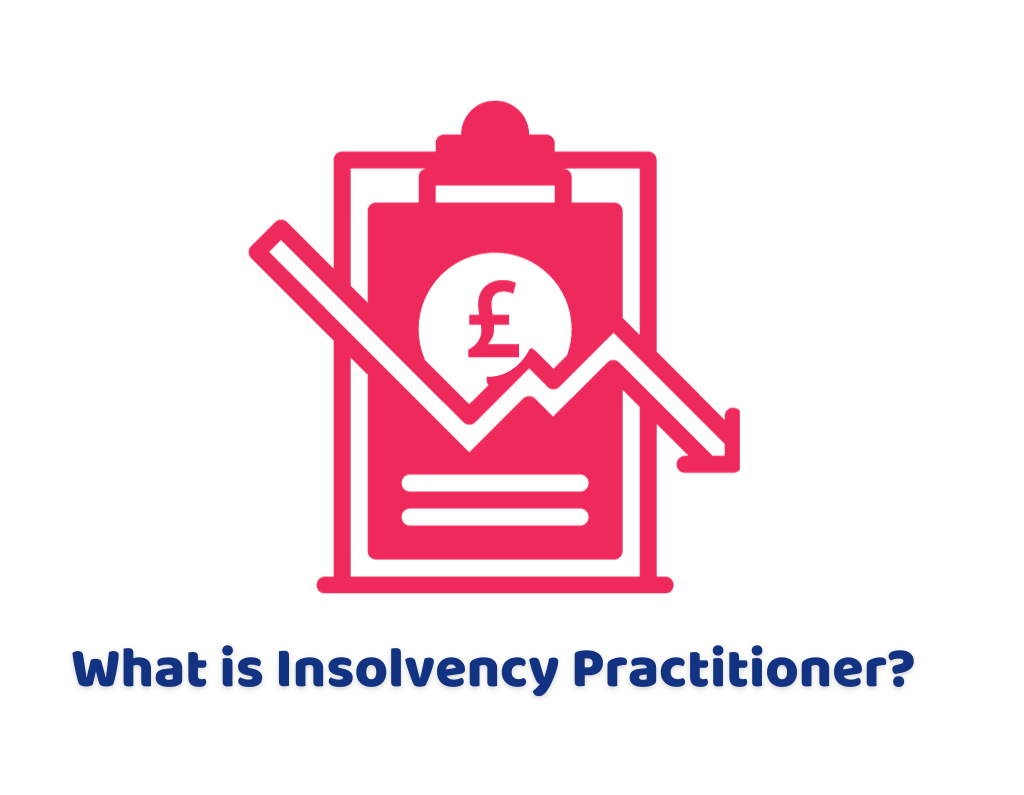Getting My Insolvency Practitioner To Work
Getting My Insolvency Practitioner To Work
Blog Article
More About Insolvency Practitioner
Table of ContentsThe Only Guide for Insolvency PractitionerAll about Insolvency PractitionerAbout Insolvency PractitionerThe 30-Second Trick For Insolvency PractitionerThe 5-Minute Rule for Insolvency Practitioner
Whether you need to use an insolvency professional (IP) to liquidate your firm relies on numerous elements. While involving an insolvency expert for all kinds of liquidation is not a lawful requirement, doing so can frequently improve the procedure and ensure conformity with lawful needs. Liquidating a firm is an important choice that comes with considerable consequences.
It is a treatment used when a business does not have any kind of creditors, or every one of their lenders can be repaid completely with legal rate of interest. Understanding the different kinds of bankruptcy processes can aid you determine the very best strategy for your firm's liquidation or other official bankruptcy procedures itself.
This is necessary in order to comply with legal needs - Insolvency Practitioner. This is because IPs have the necessary credentials and experience to make sure that the liquidation procedure is performed based on all applicable laws and regulations. By engaging a qualified insolvency expert, you can have tranquility of mind understanding that your firm's liquidation procedure will be managed properly and in compliance with the appropriate lawful requirements
Insolvency Practitioner Fundamentals Explained
The insolvency professional is selected as a liquidator and is in charge of managing the company and liquidator's financial debts exceptional obligations and possessions. This procedure involves selling the firm's assets and distributing the profits to lenders. Upon conclusion of the procedure, the business is removed from the register at Companies House.
Failing to do so can result in individual liability for the business or supervisor for the creditor's financial obligations. Voluntary liquidation, which consists of Financial institutions' Voluntary Liquidation (CVL) and Members' Voluntary Liquidation (MVL), is started by the firm's supervisors and investors when they can no more pay their financial obligations. In a CVL, the insolvency practitioner is marked as the liquidator, in charge of managing company debts and all business properties.

Indicators on Insolvency Practitioner You Need To Know
By evaluating the experience and experience of possible bankruptcy specialists, you can guarantee that you see this page select an expert that has the essential credentials to handle your firm's liquidation procedure properly. While insolvency practitioner-led liquidation is frequently the most appropriate course of activity for business facing bankruptcy, there are alternative techniques to think about, such as striking off and partial liquidation.
It's important to assess all offered choices before picking the next ideal service or program of action for your business. Striking off companies' registers is a more straightforward and affordable way to close dormant or small companies without debts or possessions. To strike off a firm, its name is eliminated from the Firms Home register by sending kind DS01.
Prior to opting for striking off, it's vital to weigh the advantages and drawbacks of this strategy and take into consideration whether it's the right choice for your organization. Partial liquidation is another option straight from the source to insolvency practitioner-led liquidation, where a firm sells off particular properties and liabilities while continuing to run with the continuing to be possessions and obligations.
A Bankruptcy Professional will certainly have the ability to suggest you of the finest training course of action to take and make certain that whatever runs smoothly. Unfortunately, it is not possible to sell off a business without a liquidator. Assigning an authorized bankruptcy practitioner is needed for the process of volunteer liquidation to begin.
Insolvency Practitioner - Truths
It is feasible to shut and liquidate your business without using a liquidator, given your business is solvent and you meet the eligibility requirements to liquify or liquidate it. If your company is bankrupt, you might be called for to make use of a liquidator and begin official bankruptcy procedures. Below are some other insightful write-ups relating to firm liquidation in the UK:.
Remaining in a setting where you're incapable to pay your business's lenders is exceptionally difficult. In an effort to prevent raising the degree of financial obligation, several business attempt to work out straight with their lenders and accept an informal setup. If the financial obligation is fairly little and owed to one lender, and the lender is being cooperative, participating in an informal financial obligation arrangement is probably the most effective remedy, instead of searching the internet for 'a bankruptcy practitioner near me'.
On the various other hand, if there are several creditors and the level of financial obligation is huge, creditors may not be so prepared or participating. To avoid liquidation or bankruptcy, it is better to hire a bankruptcy professional to prepare official proposals and bargain with financial institutions in your place.
Insolvency Practitioner Things To Know Before You Buy
Whilst it is a means to handle financial obligation, there are considerable threats entailed with this type of financial obligation arrangement - Insolvency Practitioner. If a lender is eager to enter right into a casual plan (IA) where the debtor has agreed to make normal, if lower, repayments to pay back the debt, it's crucial to stay with the contract

The creditor is within their rights to back out of the agreement and petition the courts for your business to be sold off at any time. An official setup that has been suggested by an insolvency professional in your place, and agreed by a lender, provides a much safer option.
Report this page